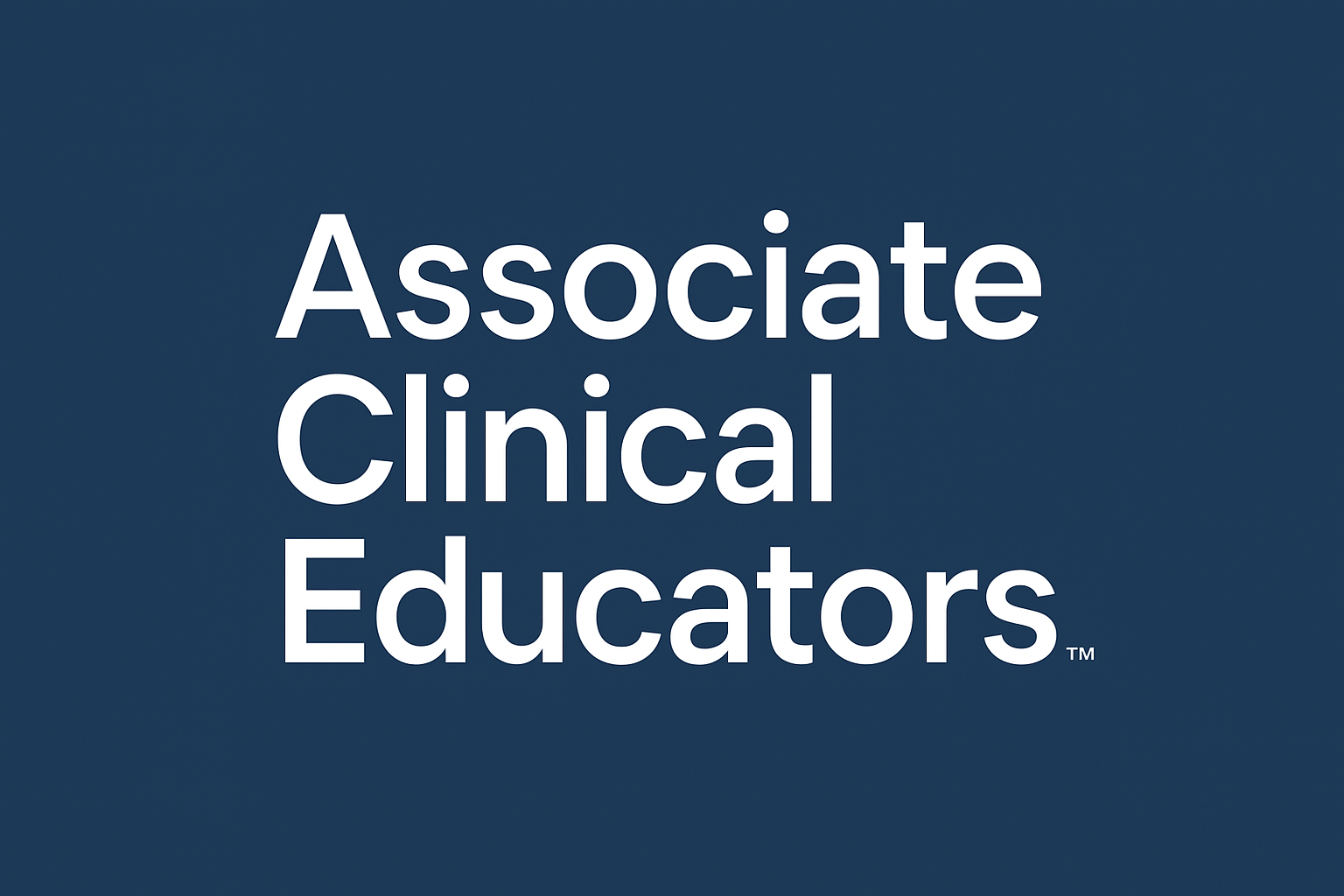A Note of Thanks From Meducate Academy — A Moment of Reflection
A Note of Thanks From Meducate Academy — A Moment of Reflection As the year draws to a close, it...
Read Moreby R Spour | Dec 11, 2025 | Associate Clinical Educators, Matt Chapman, Meducate Academy | 0 |
A Note of Thanks From Meducate Academy — A Moment of Reflection As the year draws to a close, it...
Read Moreby R Spour | Oct 11, 2025 | Associate Clinical Educators, Meducate Academy | 0 |
Empowering Ethical Learning Through Strategic Collaboration Introduction Modern medical education...
Read Moreby R Spour | Dec 16, 2024 | Associate Clinical Educators, The PA Podcast | 0 |
Physician Associates (PAs) are becoming indispensable in modern healthcare, bridging gaps in...
Read Moreby R Spour | Nov 15, 2024 | Associate Clinical Educators, Clinical Education, Meducate Academy | 0 |
Associate Clinical Educators™ vs. Simulated Patients: Defining Roles in Medical Education In the...
Read Moreby R Spour | Oct 27, 2024 | Associate Clinical Educators, Meducate Academy | 0 |
Boost Your Clinical Skills: Join the Pharmacist Workshop in Birmingham in March 2025! After a...
Read Moreby R Spour | Sep 30, 2024 | Associate Clinical Educators, Meducate Academy | 0 |
Welcome to Meducate Academy’s 2nd year running Interactive Workshops at The Pharmacy Show...
Read Moreby R Spour | Mar 28, 2024 | Associate Clinical Educators, Clinical Education, Meducate Academy | 0 |
Navigating the intricacies of clinical communication is imperative for Associate Clinical Educators as they mould the next generation of healthcare professionals. Understanding this necessity, I’ve meticulously crafted a...
Read Moreby R Spour | Oct 6, 2023 | Cliniskills, Meducate Academy | 0 |
In September, Meducate Academy saw a surge in activity, notably due to our successful partnership with Cliniskills and participation in The Pharmacy Show. Out Associate Clinical Educators focused on teaching ENT and...
Read More
